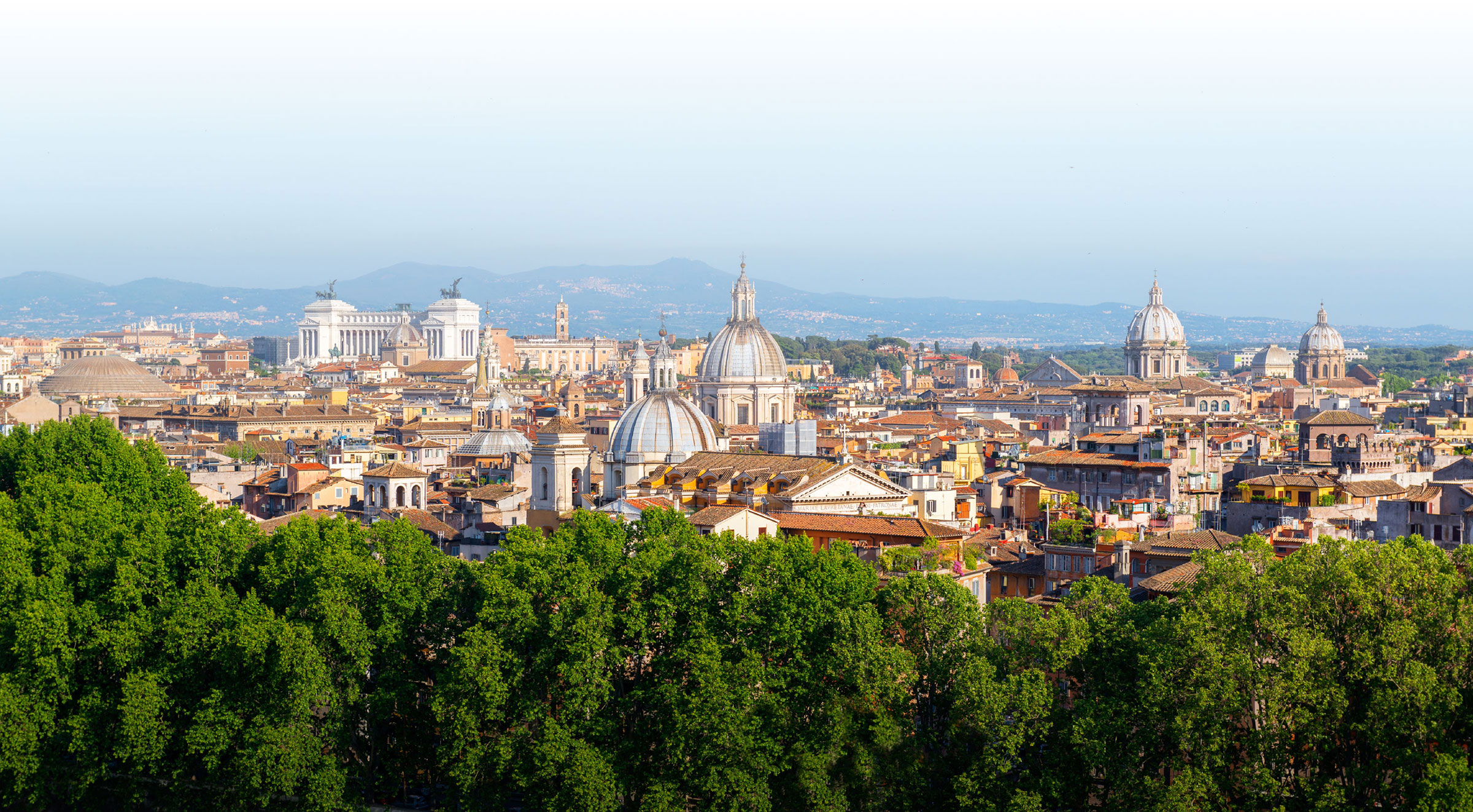Boston, Massachusetts
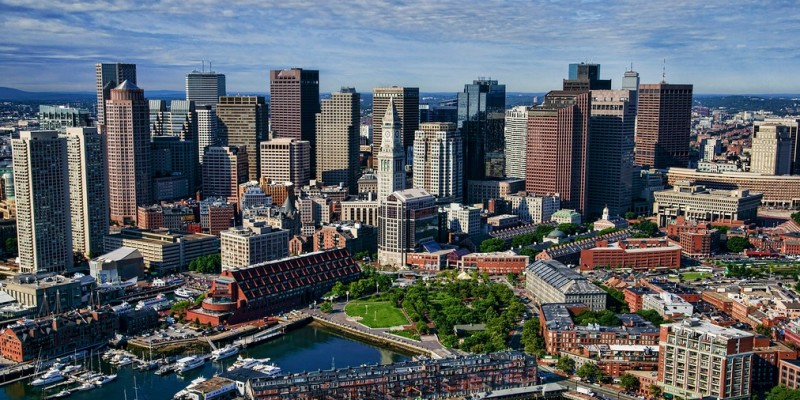

This photo of Boston is courtesy of TripAdvisor
Boston, Massachusetts is a great city to take your child when studying the American Revolution. Home to the famous Freedom Trail, a 2.5 mile red-lined route you can walk to visit 16 historically significant sites. Visit Paul Revere’s house, site of the Boston “Massacre”, Old North Church (One if by land, Two if by sea) and Bunker Hill (“Don’t fire until you see the whites of their eyes”). Home to Samuel Adams (“A Statesman: Incorruptible and Fearless”), John Adams and James Otis, Jr (“Taxation without representation is tyranny”), all Harvard educated (founded in 1636) , Boston is where the animosity between the “Americans” and the British escalated. Being a major port of trade between Britain and the Colonies, Boston felt the impact of British taxation. The Colonists were split between being loyal to the crown, needing the British army to keep the French and their Indian allies from pillaging Colonists farms and settlements and wanting financial independence. The King needed help to pay for his war machine that operated around the world and felt justified taxing the Colonists.
Work through these issues with your child as events began to take place and the possibility of compromise faded. Study the “Boston Massacre” to understand what caused it, what really happened and how Paul Revere’s version of the facts ended up igniting resentment against the British. Certainly a teaching moment in political spin, it appears Revere took a British artists drawing of the event, erased certain clubs and rocks from the hands of the colonists and re branded the incident as a massacre fueling anger towards the British Crown. Lost in many children’s history lessons is the fact future President John Adams defended the British troops in court and won acquittal for six of the soldiers and reduced sentences for the final two. See where the Sons of Liberty threw their Boston Tea Party and explain to your child the tie between that Tea Party in 1773 and the current Tea party active in American Politics today.
Discuss the confusing fact that Bunker Hill Monument is actually on Breed’s Hill and how the poet Henry Wadsworth Longfellow’s inaccurate “Paul Revere’s Ride” made Paul Revere a national legend. Students should test and question history and confirm the accuracy of what they are being taught. Boston is a great place to start.

This photo of Boston is courtesy of TripAdvisor
Going to Boston gives your child the opportunity to gain greater perspective seeing the locations first hand and dive deeper into the history by focusing on more of the facts.

This photo of Boston is courtesy of TripAdvisor
From Boston, it is less than an hour’s drive to visit Lexington and Concord, MA where the fist shots of the American Revolution were fired.

This photo of Lexington is courtesy of TripAdvisor
The town of Lexington is little changed from that day and the bridge at Concord is one of those historical must see’s. More important to history is what happened after Concord on the road back to Boston as the Colonists rallied to the aid of their comrades and the War for Independence started. The Colonists had grown up with guns, learning to hunt at a very early age. This talent would play a critical role in the long war and frustrate the British.

This photo of Concord is courtesy of TripAdvisor
Paul Revere’s Ride
Henry Wadsworth Longfellow
| Listen my children and you shall hear Of the midnight ride of Paul Revere, On the eighteenth of April, in Seventy-five; Hardly a man is now alive Who remembers that famous day and year.He said to his friend, “If the British march By land or sea from the town to-night, Hang a lantern aloft in the belfry arch Of the North Church tower as a signal light,– One if by land, and two if by sea; And I on the opposite shore will be, Ready to ride and spread the alarm Through every Middlesex village and farm, For the country folk to be up and to arm.”Then he said “Good-night!” and with muffled oar Silently rowed to the Charlestown shore, Just as the moon rose over the bay, Where swinging wide at her moorings lay The Somerset, British man-of-war; A phantom ship, with each mast and spar Across the moon like a prison bar, And a huge black hulk, that was magnified By its own reflection in the tide.Meanwhile, his friend through alley and street Wanders and watches, with eager ears, Till in the silence around him he hears The muster of men at the barrack door, The sound of arms, and the tramp of feet, And the measured tread of the grenadiers, Marching down to their boats on the shore. Then he climbed the tower of the Old North Church, Beneath, in the churchyard, lay the dead, Meanwhile, impatient to mount and ride, A hurry of hoofs in a village street, It was twelve by the village clock It was one by the village clock, It was two by the village clock, You know the rest. In the books you have read So through the night rode Paul Revere; |
Read
-
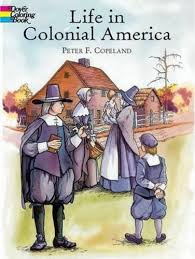 Life in Colonial America Coloring Book
Life in Colonial America Coloring Book
-
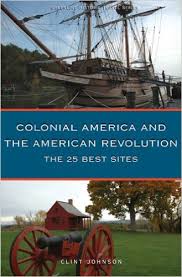 25 Best Sites (to Visit): Colonial America and the American Revolution by Clint Johnson
25 Best Sites (to Visit): Colonial America and the American Revolution by Clint Johnson
-
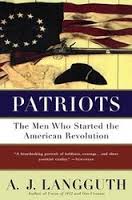 Patriots: The Men Who Started the American Revolution
Patriots: The Men Who Started the American Revolution

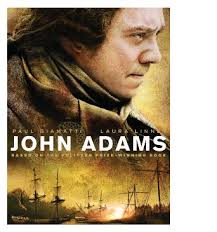 John Adams
John Adams
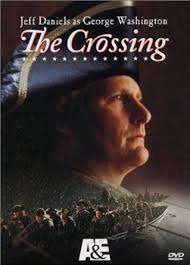 The Crossing
The Crossing
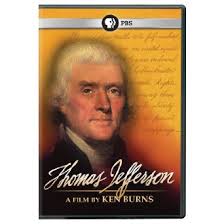 Thomas Jefferson – A Film by Ken Burns
Thomas Jefferson – A Film by Ken Burns
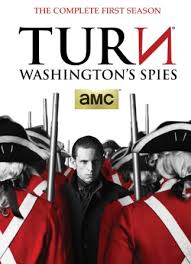 Turn: Washington’s Spies
Turn: Washington’s Spies
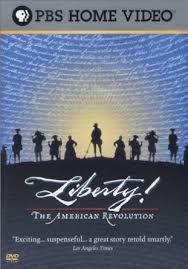 Liberty! The American Revolution
Liberty! The American Revolution
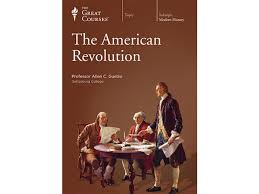 American Revolution Course No. 8514
American Revolution Course No. 8514
